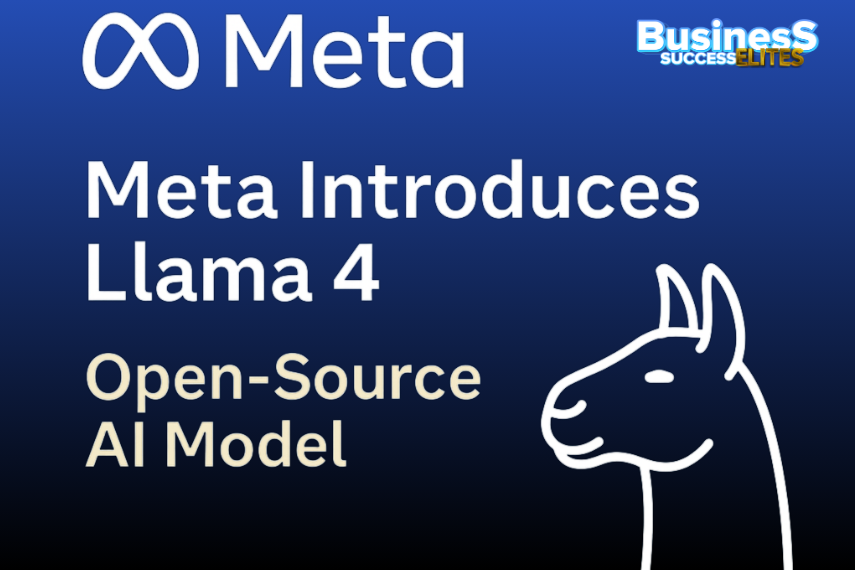
Meta’s Llama 4 Sets New Pace in Open-Source AI Race
In a bold push to compete with leading AI players, Meta has unveiled Llama 4, the latest addition to its growing portfolio of open-source language models. Designed to be both powerful and practical, Llama 4 is being seen as Meta’s most serious challenge yet to tech giants like OpenAI and Google.
This release introduces two distinct models — Llama 4 Scout and Llama 4 Maverick. Scout is a lighter model, ideal for developers working with limited computing resources. It runs efficiently on a single Nvidia H100 GPU and can handle context lengths of up to 10 million tokens — a significant leap in memory capacity.
On the other hand, Maverick is the heavy-duty version, designed for advanced use cases like coding, logic-based tasks, and extended dialogues. Early performance reports suggest it’s on par with GPT-4o and DeepSeek-V3, but with a leaner setup thanks to its Mixture-of-Experts (MoE) architecture. This means it activates only the necessary parts of the model during each task, saving both cost and energy.
While Meta is calling Llama 4 “open-source,” the licensing comes with restrictions for businesses with over 700 million users — a move that has stirred some debate in the developer community.
Still, with Llama 4, Meta is clearly betting that transparency and accessibility will resonate with the global AI ecosystem.
Read More:
JLR Pauses U.S. Shipments Amid Trump Tariff Threat
TVS Motor Ramps Up Southeast Asia EV Push With ION Mobility Tie-Up
The Best Wicket Keeper in the World (2026 Edition)
February 24, 2026IPO-Bound PhonePe Focuses on Payments Growth and Platform Expansion
February 8, 2026